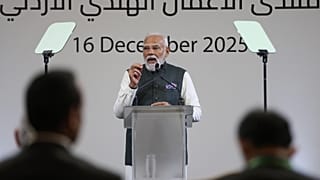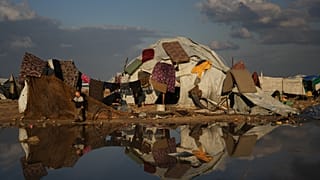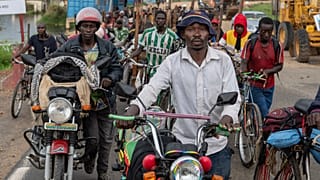Africa
The annual Ibrahim Index of African Governance highlighted insecurity and unemployment as key constraints affecting governance across the continent.
The report, which ranks countries according to their development in an array of categories between 2008 and 2017 warned that some promising nations had “lost momentum”.
According to the report, Africa’s progress is being led by a handful of nations that pulled up the average, “while in many others momentum continues to falter”.
Top governed African nations
The top-five countries, ranked by their cumulative points across all indexes, were Mauritius (79.5 points), Seychelles (73.2), Ivory Coast, (71.1) Namibia (68.6) and Botswana (68.5).
The report also showed the biggest strides being made in Kenya, which moved up eight spots from 19th to 11th place; Morocco, from 25th to 15th; and especially Ivory Coast, which jumped from 41st to 22nd among 54 ranked countries.
The progress is best where there is peace, government transparency and respect for the rule of law.
The world’s largest cocoa producer, Ivory Coast has emerged from a period of civil and political unrest in 2010-11 in which 3,000 people died to record annual economic growth rates of nearly 10 percent.
Morocco has been recognised as north Africa’s most competitive economy by the World Economic Forum, while Kenya is continuing to recover from the chaos that followed a disputed 2017 presidential poll.
Struggling nations
Somalia (13.6), which has been wracked by clan warfare for most of the past 30 years, ranked last.
It was followed by strife-torn South Sudan (19.3) and Libya (28.3), which with the 2011 fall of the monolithic regime of Muammar Gaddafi experienced the biggest decline (-15.6).
“A majority of the improved countries over the decade have lost momentum,” the report said.
The actual governance score for the continent only went up from 48.9 points on a 100 point scale in 2008, to 49.9 points last year.
About the Ibrahim index
The ranking is issued by a London foundation established in 2006 by Mo Ibrahim, a businessman from Sudan who sold his mobile phone company Celtel in 2006.
With a mission to promote good governance in Africa, it also periodically awards a $5 million (4.4 million euro) prize to an African head of state who has left office and demonstrated good governance.
ALSO READ: Sirleaf receives Mo Ibrahim prize, pledges to pursue women empowermentAFP












00:52
UN 'concerned' by deal handing control of Chagos Islands to Mauritius
01:11
Malaria deaths, cases surged in 2024 with gains at stake - Report
00:49
Gabon detains tourism minister after alleged $18m funds theft
00:00
Pope Leo says he hopes to visit Africa in 2026 as he wraps up his first foreign trip
01:09
UNAIDS urges global unity in World AIDS Day call to action
Go to video
French President Emmanuel Macron continues his African tour in Libreville